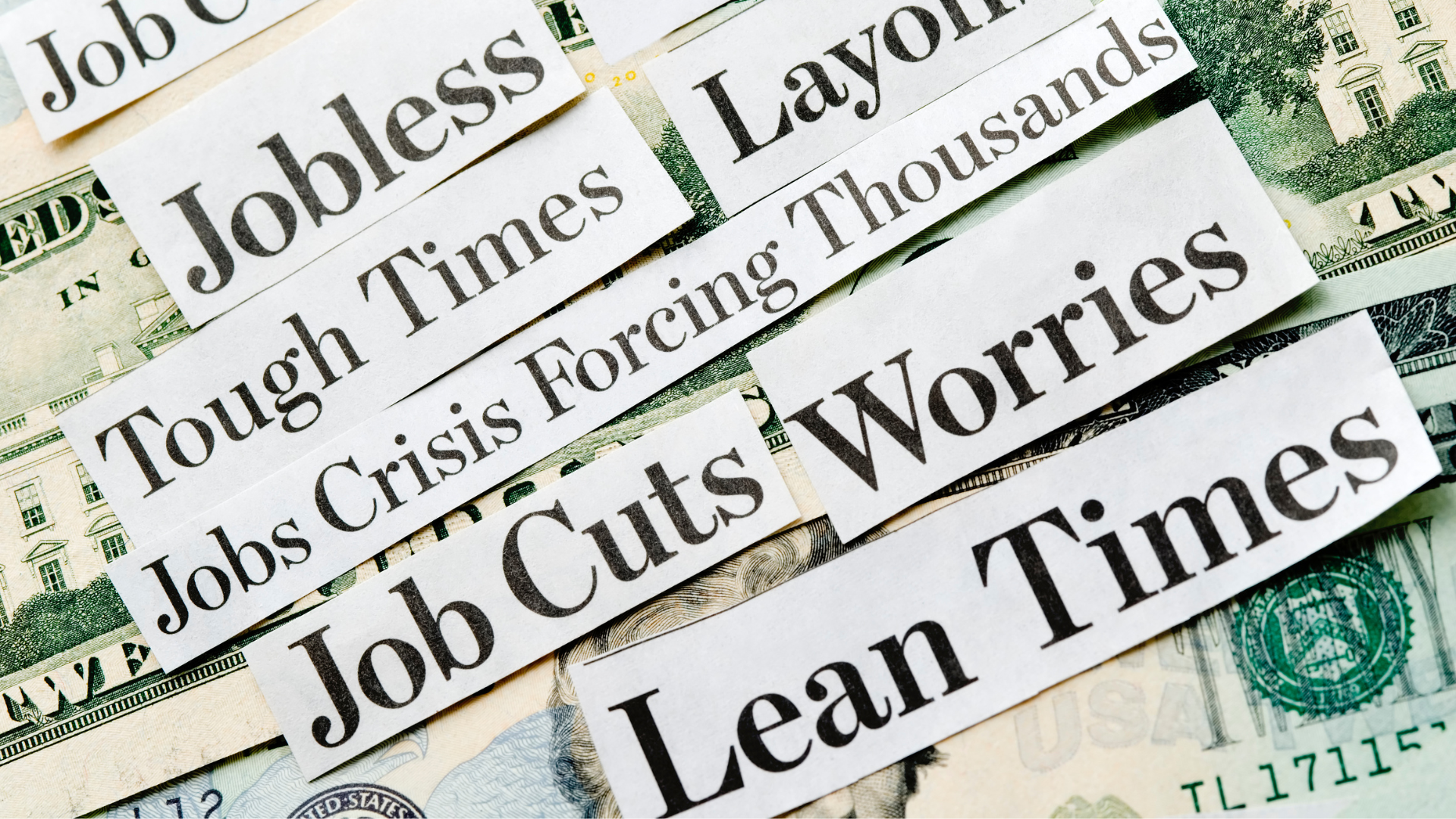
Exposing the risks of SCAQMD’s Port ISR
What is the Port ISR?
The SCAQMD Staff has shared their initial plans for a proposed rule called Port ISR. This rule would make the San Pedro Bay Ports (Ports of Los Angeles and Long Beach) responsible for air emissions from sources they don’t control and ultimately, punish Ports and marine terminal operators who are already working hard to reduce emissions. If the rule is imposed, it will lead to unattainable and inflexible emissions and cargo caps, which will have a very negative effect on jobs, the economy in Southern California, and the global supply chain. Worse still, capping cargo will result in higher greenhouse gasses because jobs and cargo will be diverted to dirtier ports.
A closer look at the risks
-
California jobs and economic growth depend on a fully functioning supply chain. The Port of Long Beach supports $11.9 billion in federal, state, and local taxes. The Port of Los Angeles estimates that 1 in 9 Southern California jobs are connected to the port and three million jobs nationwide.
-
If the SCAQMD places unattainable hard caps and limitations on both ports’ operations, they will limit the entire supply chain, resulting in delays, supply disruptions and congestion, inflation, and shortages. Manufacturers won’t receive components to make products, distribution centers won’t receive consumer goods and railroad cars will be partially loaded. Stores and supermarkets will experience product shortages and empty shelves.
-
During the pandemic all of us became acutely aware of the impacts of supply chain disruptions. As President Biden and Governor Newsom highlighted, supply chain congestion problems can also result in inflation pressures. Now, the ISR regulation threatens to artificially recreate these shortages, complicating and frustrating efforts to curb inflation due to a new shortage of goods, higher prices, and a congested supply chain.
-
California’s agricultural industry relies heavily on the Ports of Los Angeles and Long Beach to export perishable goods to their customers in countries around the globe. By imposing hard caps on emissions and cargo the ISR regulation will directly limit our farmers’ ability to get their perishable goods to their end customers in foreign markets.
-
The proposed ISR regulation proposes to reduce emissions by limiting the amount of goods moving throughout Southern California. This will reduce the revenues that the Ports and their customers rely on to invest in the newest, greenest technology that is feasible and available. Inhibiting the supply chain’s ability to finance these expensive new equipment and infrastructure upgrades, which are necessary to transition to zero emission infrastructure, is counter-productive and short-sighted.
-
By introducing hard caps and penalties that will result in cargo caps, the ISR regulation will divert discretionary cargo to East and Gulf Coast ports along with supply chain jobs. When ocean-going vessels begin to route away from Southern California – meaning longer transit times and less system efficiency – this ultimately results in greater supply chain GHG emissions on average by 19%. See the link to the latest study of the increase in GHG emissions when cargo is diverted from its most efficient gateways on the US West Coast here.
In August 2023, more than 110 national, statewide, regional and local business, labor, and agricultural groups, signed an initial letter in Opposition to the SCAQMD Ports ISR. This initial letter, sent to Los Angeles Mayor Karen Bass and Long Beach Mayor Rex Richardson, highlighted the negative impact that a Ports ISR would have on both cities, the state of California and the nation.
This letter highlights that if the SCAQMD Ports ISR regulation is imposed that it “will have a devastating impact on:
California jobs,
the national supply chain,
the state and local economy,
the ability of the state to transition to zero emission infrastructure and equipment, and
the competitiveness of the Ports of Los Angeles and Long Beach (Ports),
the economic vitality of Port-adjacent communities.“
Help us continue to protect jobs, the environment, and investments in our Ports by joining the Opposition campaign.
Join the effort!
110+ businesses, labor groups, and nonprofits are saying NO to the Port ISR.

Don’t let the Port ISR hurt our economy, good-paying jobs, local communities, and consumers.
The Port ISR’s consequences will be widespread and harmful. We should support and secure increased investment, advanced innovation, and new job creation to advance California’s supply chain, not shut out investment, close trade, and export jobs to the Gulf and East Coast, by capping volumes at the State’s most valuable ports.


